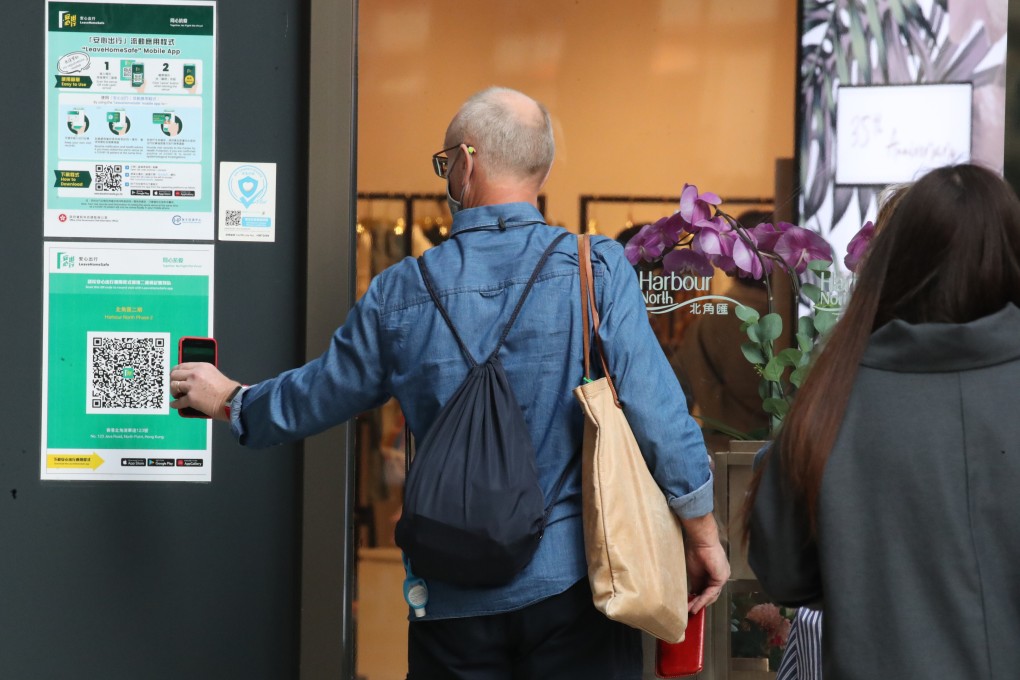Letters | As Covid-19 cases wane, now is the time to prepare for the next wave
- Readers discuss strategies for future coronavirus outbreaks, the impact of a Guangdong lockdown on Hong Kong, the need for more thorough vetting of children’s home staff, and the central government’s latest crackdown on Hollywood films

Although it is not yet time to declare victory over the fifth wave of coronavirus, it is never too early to formulate medium and long-term strategies for future waves.
As a medium-term solution, a more effective contact-tracing app is required. Despite the requirement of scanning “Leave Home Safe” when dining in restaurants, the lack of automatic data transfer meant it took the Department of Health more than a week to trace close contacts after an infected flight attended visited a Chinese restaurant. The government missed a golden opportunity to cut transmission links. The origin of the fifth wave has exposed the inappropriateness of valuing personal privacy above public health and human lives.
Learning from this painful lesson, a more effective app should have automatic GPS tracking. Users should have SIM cards registered with real names. Similar to the mainland’s health code, people who have had contact with confirmed cases should be denied entry to indoor premises until they can present a negative test result.
Second, closer monitoring and more penalties are needed for rule-breakers. Despite the launch of the vaccine pass in late February, in my experience, very few people scan the code before entering designated premises, especially shopping malls. During the Tomb Sweeping Festival, I saw a good number of hikers along a trail in Kam Shan Country Park not wearing masks.
Implementation is not simply an act of announcing a policy, but also an obligation to ensure it is enacted effectively.